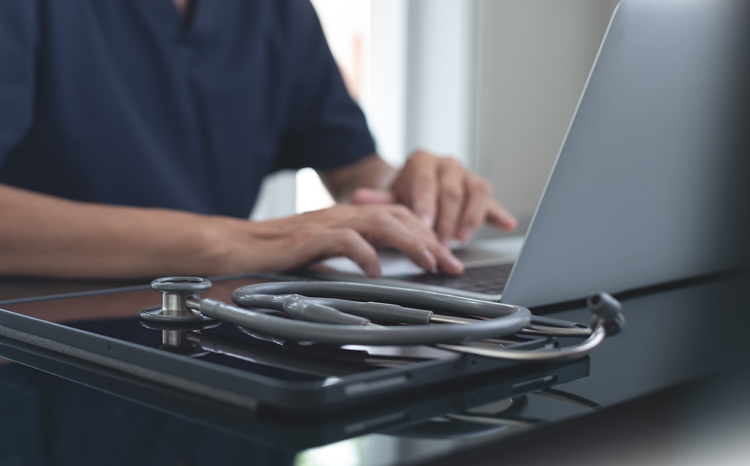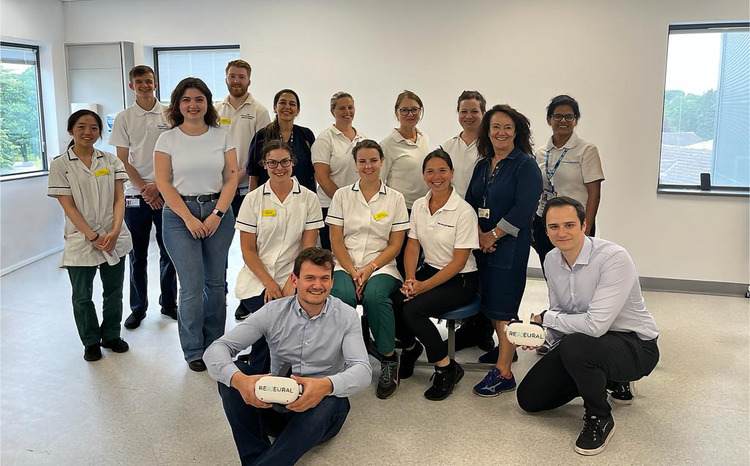Evaluation reveals how users and clinical staff view the NHS App

An evaluation has revealed how users and clinical staff have found using the NHS App.
Research was carried out during the pilot phase of the project from September to December 2018.
This included talking to clinical staff at practices as well as users of the app – which has been advertised as providing a number of services such as symptom checking and triage; appointment booking; repeat prescription ordering; access to patient records; national data opt-out; and organ donation preference.
The aim of the evaluation was to use the feedback to improve patient experience of the app and to plan support for GP practices during localised roll outs across England.
Published on 8 April, the report reveals that some users were disappointed with the online appointment booking aspect of the app.
In particular, users said they had “expected more options” than the ones made available.
Comments included “rubbish, restricted to types of appointments I can book and there are never any available. No point in having the facility if I can never get an appointment” and “no GP appointments displayed thereby rendering the app pointless”.
While GP practices choose how many appointments to release for online booking and what kinds of appointments to make available, the report makes reference to the GP Contract Five Year Framework which was published in January.
The framework states that ‘all practices will ensure at least 25% of appointments are available for online booking by July 2019.
The report adds: “This should result in many more appointments being made available in the app for booking by patients who have previously experienced a shortage of available appointments to book online. We have also included guidance on online booking of appointments in the toolkit for GP practices.”
Despite criticism, users did comment on the convenience of being able to order repeat prescriptions through the NHS App.
One said “it’s simple enough to use and much quicker” while other called it “amazing”.
From the clinical staff side, the report said the main themes to emerge included the fact that “no noticeable negative impact on the practices involved” and “practice staff felt more confident to promote the app once they had seen a video of its functionality”.
Responses to issues raised, according to the report, include new guidance being added to the toolkit being provided to GP practices connecting with the NHS App and a series of webinars between April and July 2019 for GP practice staff across England. These webinars are due to include advice on appointment naming and availability, medical records and safeguarding, and promoting the NHS App.
Therefore, the report concludes GP practices “need to be engaged early and clearly” to ensure that patients have a “positive experience of the app from the first time they download it”.
Prior to the publication of the report, Leanne Summers, digital strategy delivery lead for NHS England, confirmed at a Royal Society of Medicine event on medical apps that 2,600 people had signed up for the NHS App.




